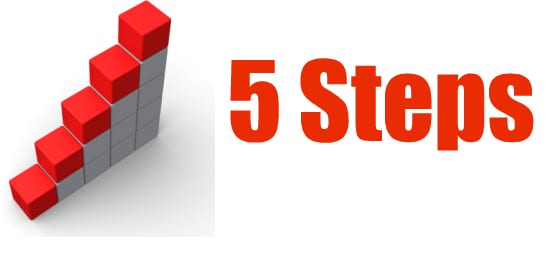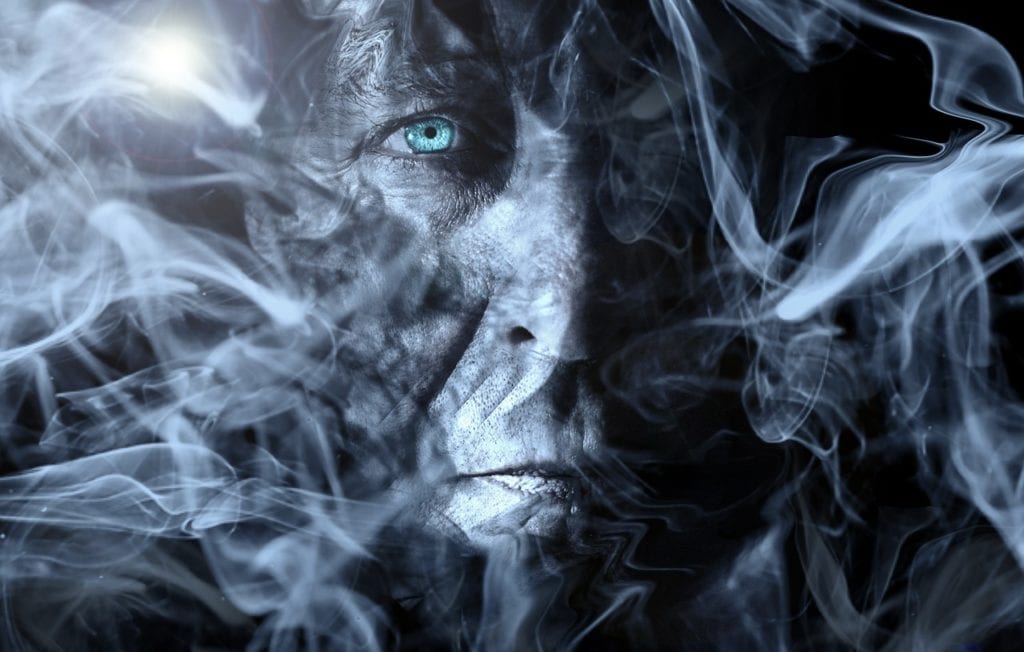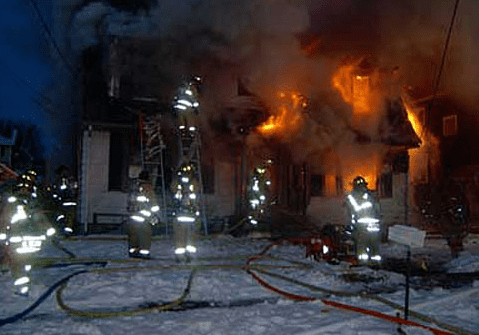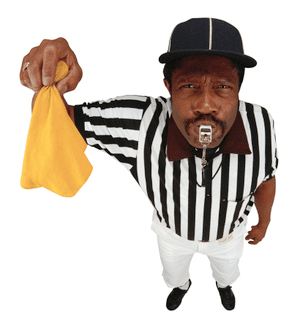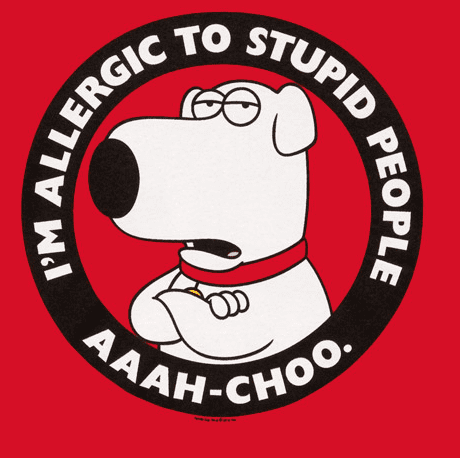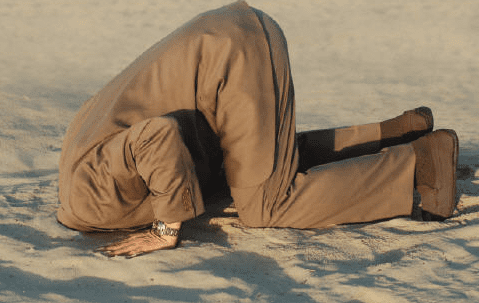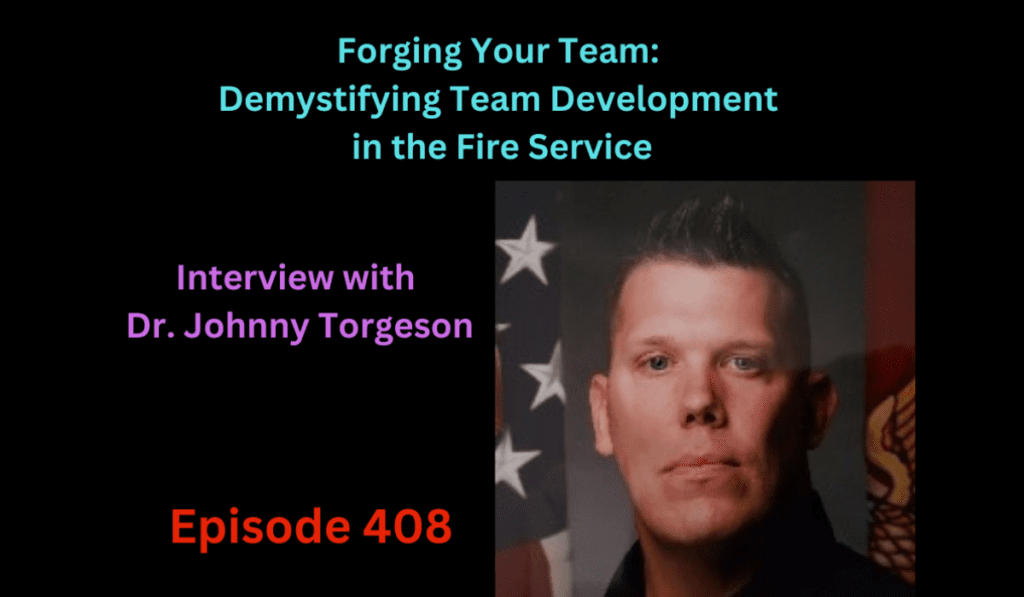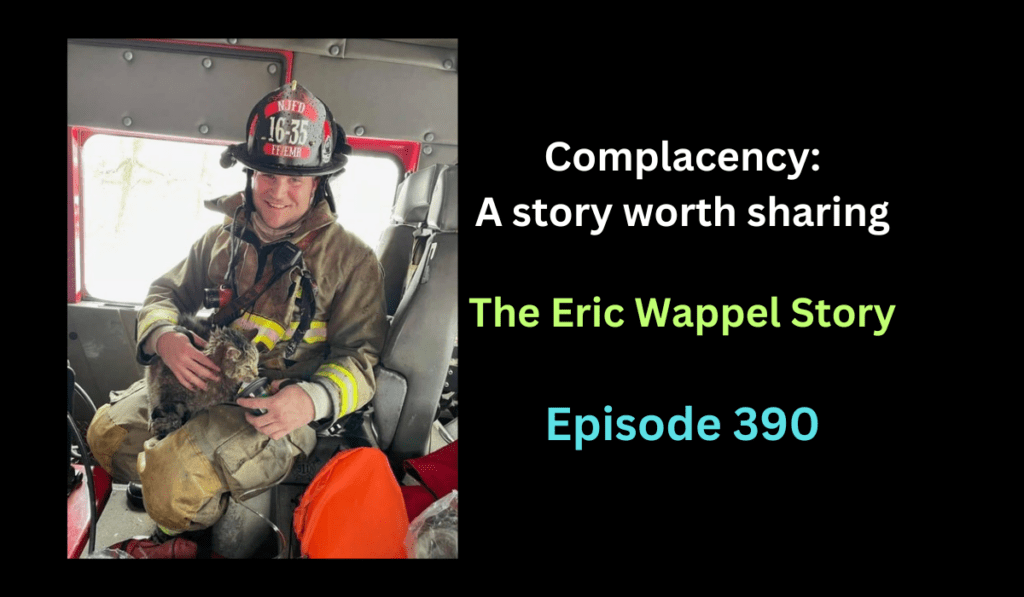The Five Step Assertive Statement Process
You’re a firefighter assigned to a roof job. It’s a flat metal roof and there’s a lot of water on it. (Set aside for a moment all your judgement about why you’re on the roof in the first place). Your situational awareness is strong and you’re getting a gut feeling that’s causing you concern for […]
The Five Step Assertive Statement Process Read More »

